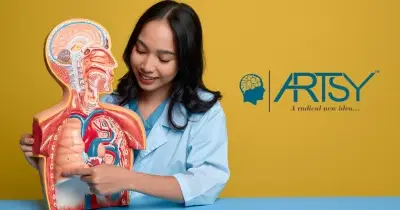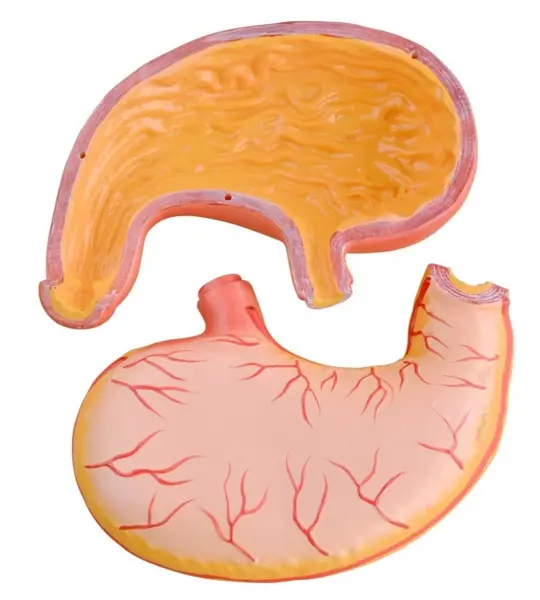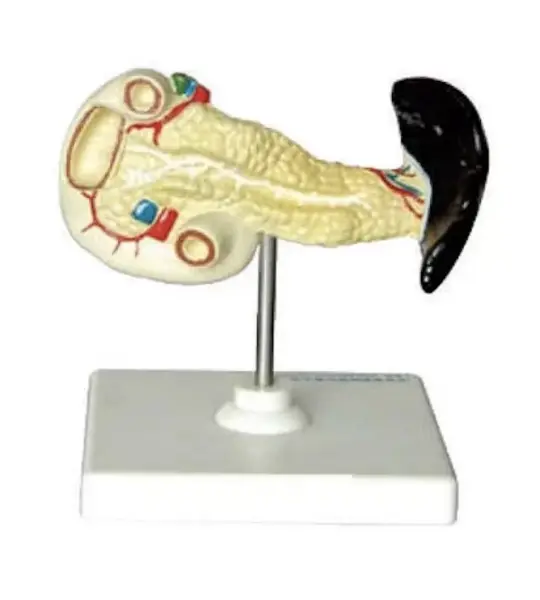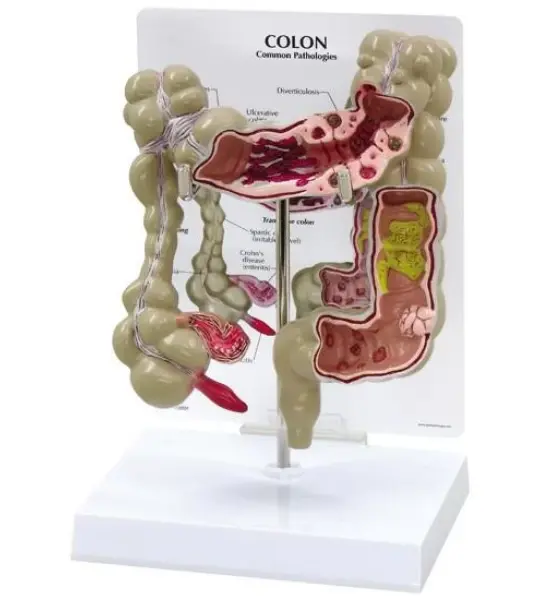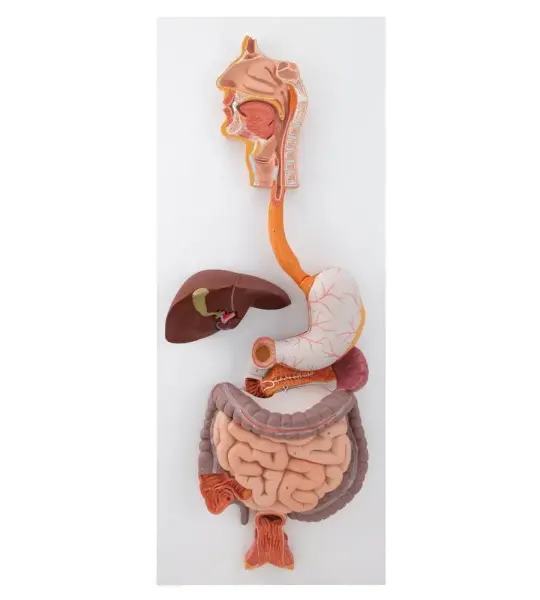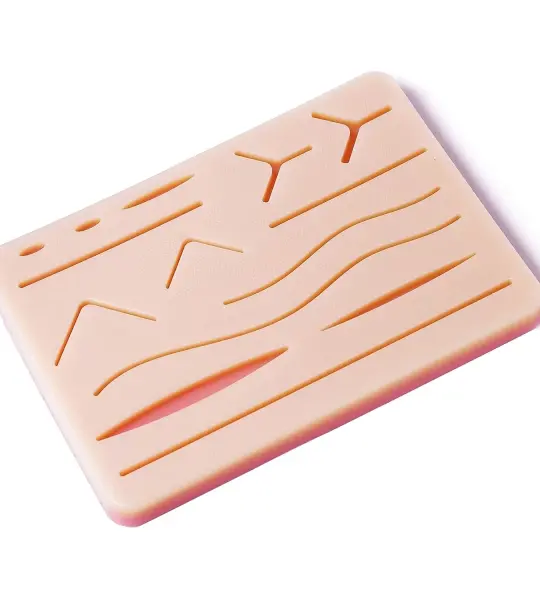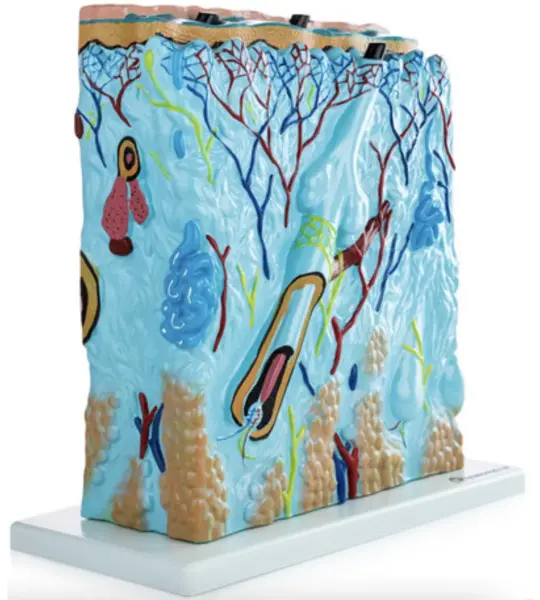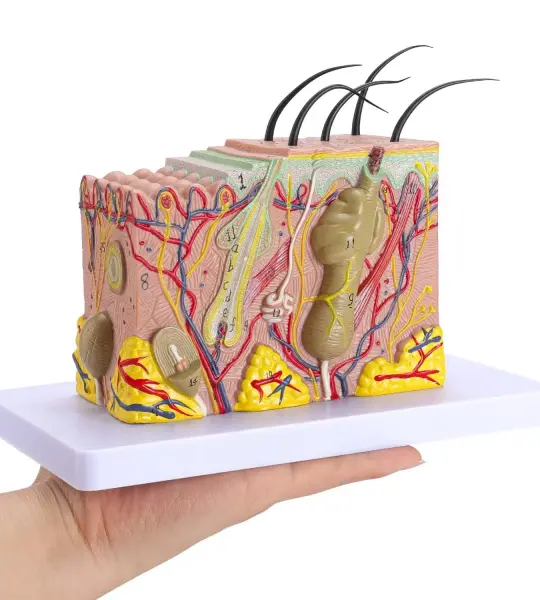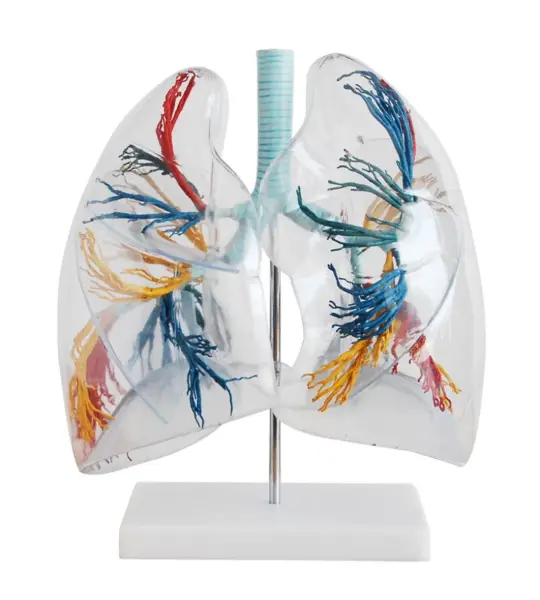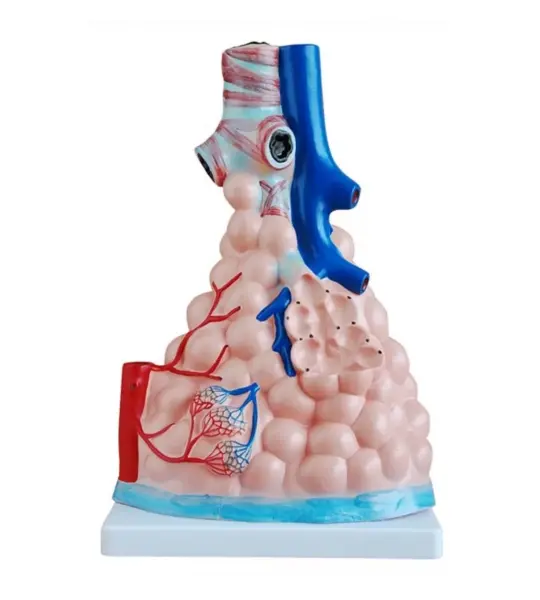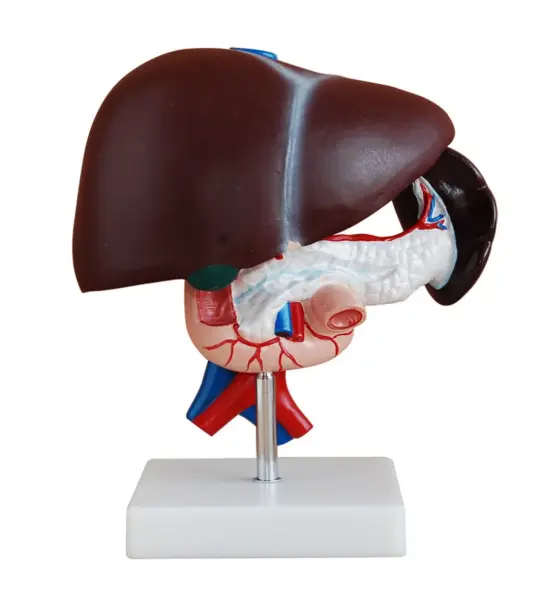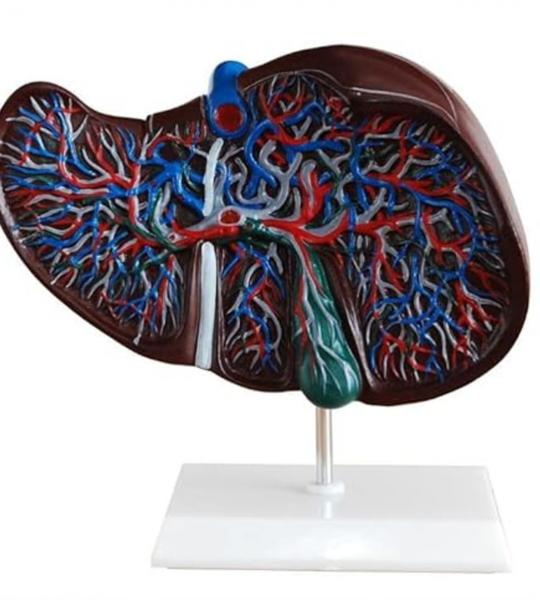Understand the Body’s Biochemical Powerhouse: Human Liver Model by ARTSY® for Accurate, 3D Anatomical Learning
The human liver is one of the most vital and complex organs in the body—managing metabolism, detoxification, digestion, and blood filtration. Yet its intricate network of vessels and lobes can be difficult to visualize using two-dimensional diagrams. The ARTSY® Human Liver Model solves that problem by offering a 3D, color-coded, anatomically accurate representation of liver structure, designed to enhance learning and simplify teaching across medical, nursing, and anatomy programs.
This life-sized model gives educators and students a comprehensive look at the internal liver architecture, including the hepatic artery, portal vein, bile ducts, and branching vascular systems. With its vibrant, color-coded depiction of veins (blue), arteries (red), and bile ducts (green), learners can easily identify and differentiate between the major circulatory and biliary pathways—essential knowledge for anyone studying hepatology, gastrointestinal function, or surgical anatomy.
Designed with both structural detail and instructional clarity in mind, this model makes the liver’s internal network not only visible, but truly understandable. It’s mounted securely on a stable display base, making it ideal for classroom demonstrations, practical exams, patient counseling, or interactive learning in lab environments.
Medical students use it to reinforce their understanding of blood flow through the hepatic system. Nursing students refer to it while learning about liver diseases like cirrhosis or hepatitis. Anatomy professors rely on it to show the liver’s proximity to surrounding organs and explain the implications of portal hypertension, bile obstruction, or hepatic trauma.
“This model gives life to textbook diagrams—it helps learners see not just what the liver is, but how it actually works.”
– Medical Educator
That connection between structure and function is where deep understanding begins.
Constructed from durable, medical-grade materials, the model withstands repeated handling and retains its vivid color and detail over time. Whether it’s part of a larger anatomical kit or a standalone teaching tool, the ARTSY® Human Liver Model belongs in every health sciences classroom that values clarity, accuracy, and student engagement.
🔍 Built for Clarity, Designed for Mastery: A Deep Dive into Liver Anatomy and Hepatic Function
The ARTSY® Human Liver Model brings depth and dimension to one of the most vital organs in medicine. Whether you're learning about hepatic blood flow, bile secretion, or the microscopic arrangement of hepatic lobules, this model lays the groundwork for comprehensive understanding. With its intricate vascular tree and anatomical realism, it's the perfect educational tool for any student or clinician working to master the complexities of liver function and pathology.
This model provides a precise cross-section of the liver, highlighting key internal structures, including:
Hepatic artery and portal vein – showing the dual blood supply of the liver
Hepatic veins – clearly delineated to demonstrate venous drainage back to the heart
Common bile duct and gallbladder – visible in green, to trace the flow of bile from liver to duodenum
Liver lobules – visually organized to reinforce lobar segmentation and internal compartmentalization
Its color-coded pathways simplify the teaching of portal circulation and hepatic processing, allowing learners to follow the flow of blood and bile through the liver’s intricate architecture. These are essential concepts in the diagnosis and management of liver diseases, GI disorders, metabolic syndromes, and post-operative complications.
📘 Instructional Versatility Across Disciplines
Instructors value the model for its ability to break down complex physiology into digestible pieces. It’s especially useful in courses covering:
Hepatobiliary system
Gastroenterology and metabolic function
Surgical anatomy and pre-op planning
Pathologies like cirrhosis, portal hypertension, and bile duct obstructions
The model’s 3D realism and tactile accessibility make it an excellent visual aid for group instruction or patient consultation. Students can engage with the physical model to reinforce their spatial understanding, while patients benefit from a tangible explanation of conditions like fatty liver, hepatitis, or gallstones.
⚙️ Construction & Display
Made from durable, non-toxic resin and mounted on a clean, flat base, this model holds up under daily classroom use and repeated demonstrations. It’s lightweight enough to transport across labs, yet substantial enough to serve as a permanent fixture in any medical learning space.
“It makes liver physiology less abstract. Students don’t just memorize—they comprehend.”
– Anatomy Lecturer
With the ARTSY® Human Liver Model, anatomy comes off the page and into your hands—realistic, relevant, and ready to teach.
💡 From Surface to System: Teach and Learn the Liver with Confidence and Clarity
For students of medicine and health science, mastering liver anatomy isn't just a chapter in a textbook—it's a foundational skill for diagnosing, treating, and understanding a wide range of physiological conditions. The ARTSY® Human Liver Model gives learners the anatomical roadmap they need to explore one of the body’s most dynamic and critical organs in full 3D detail.
This model is more than just a display—it’s a bridge between theoretical knowledge and practical application. Whether you’re demonstrating hepatic circulation in a physiology lecture or preparing future clinicians to recognize anatomical landmarks during a surgical procedure, this tool offers visual precision that accelerates comprehension and retention. It allows learners to see and physically trace the complex interweaving of arteries, veins, and bile ducts—reinforcing systems-level thinking and diagnostic logic.
🎯 Learning Applications:
Anatomy & Physiology – Teach the form and function of the hepatic system
Clinical Sciences – Demonstrate liver structure in relation to disease
Medical Imaging – Correlate anatomy with radiological findings
Pathology – Illustrate how obstructions and lesions affect flow and function
👨⚕️ Clinical Value & Patient Education
The ARTSY® Human Liver Model is also ideal for patient communication. Whether explaining the progression of liver disease or walking through a surgical plan, having a tactile visual reference helps remove fear and uncertainty for patients. It supports better dialogue, informed consent, and patient understanding.
Durable, portable, and crafted from high-grade resin, this model will stand the test of time in any academic or clinical environment. Its non-fading coloration and detailed texturing make it a standout addition to any lab bench or classroom shelf. And thanks to its compact, self-standing base, it’s always ready for hands-on demonstration—no tools, no assembly, no distractions.
“This is more than a teaching prop—it’s a teaching advantage.”
– Hepatology Instructor
🧠 Final Thought
From students to specialists, the ARTSY® Human Liver Model empowers deeper learning and clearer teaching—one branch, one vessel, and one discovery at a time.
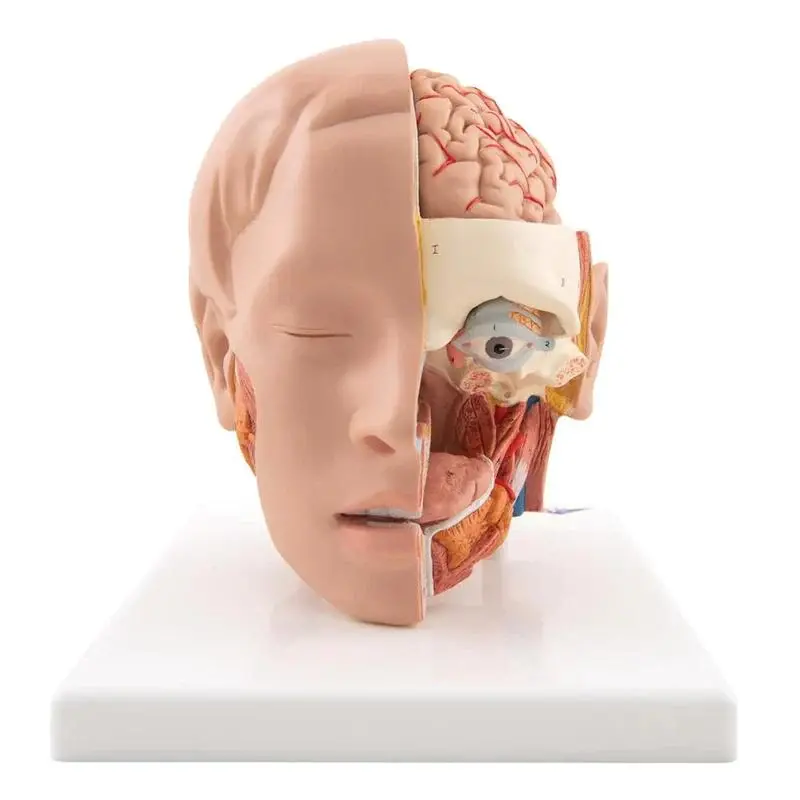 Anatomy Models
Anatomy Models
 Ayurveda Models
Ayurveda Models
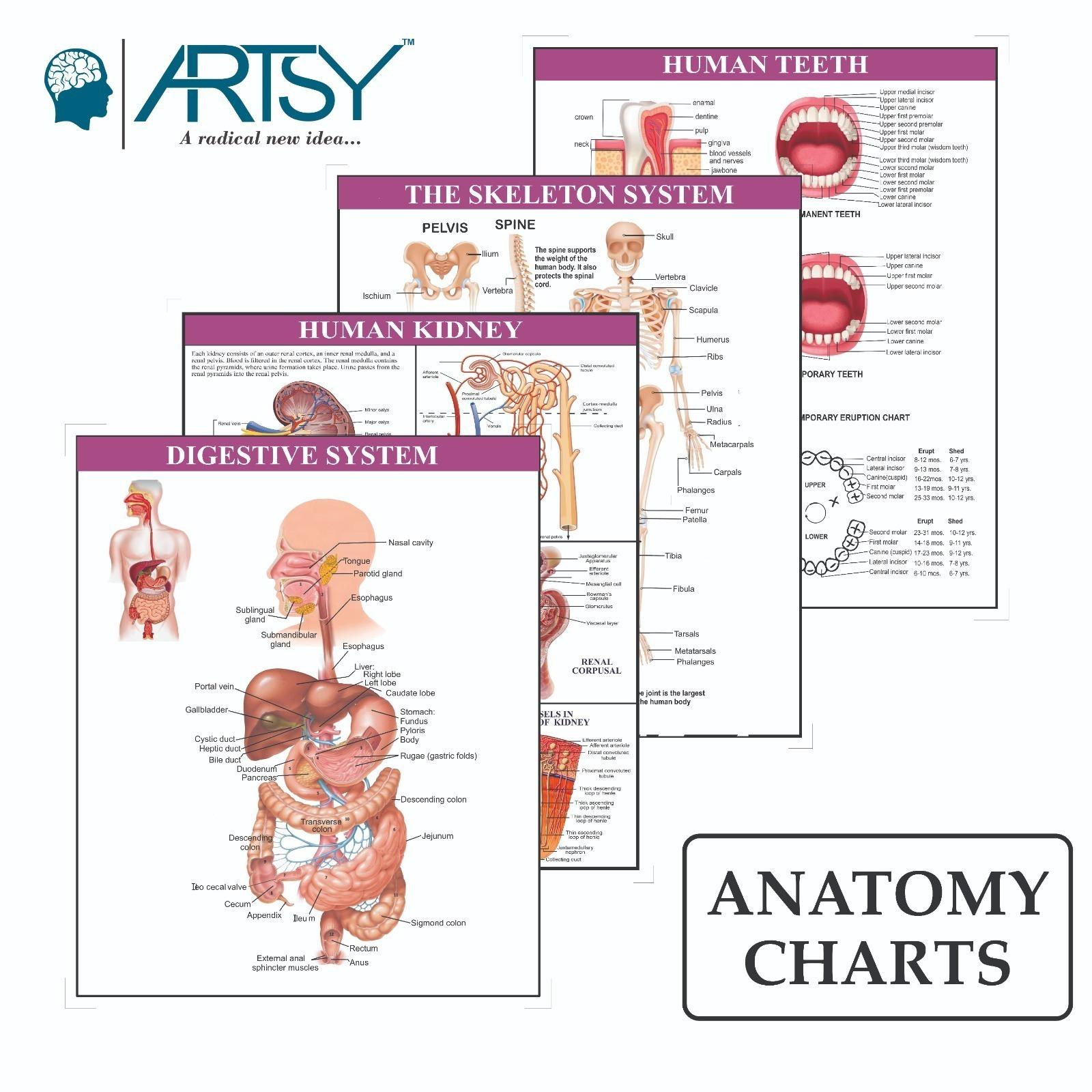 Charts
Charts
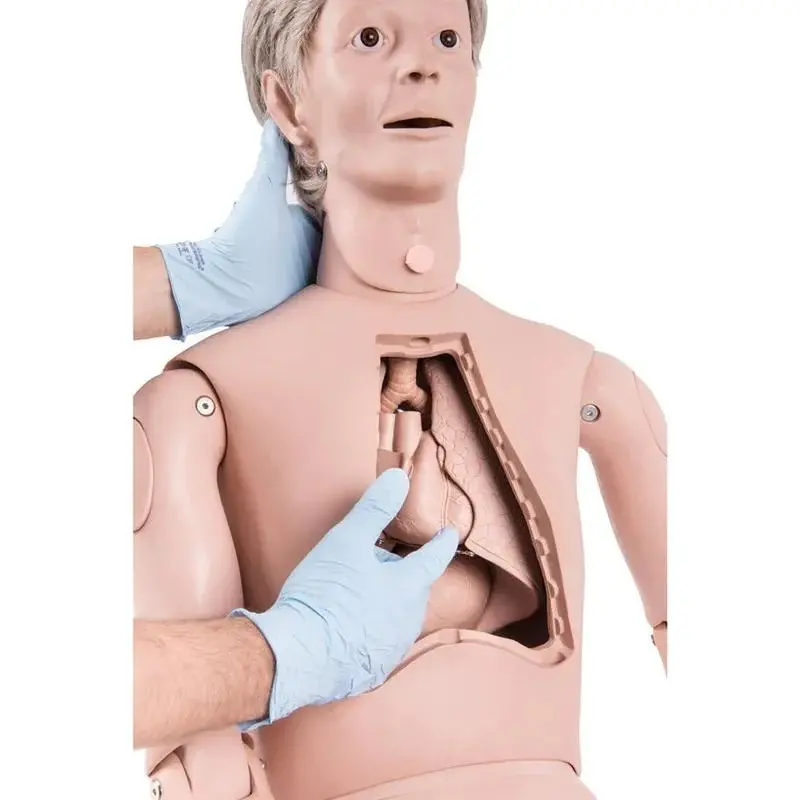 Medical Simulators
Medical Simulators
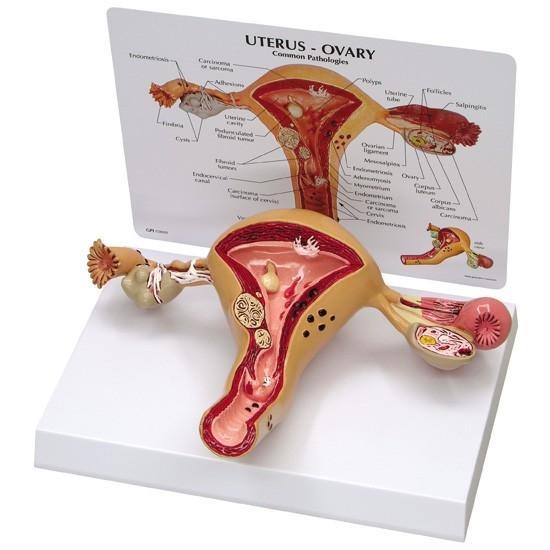 Women's Health Education
Women's Health Education
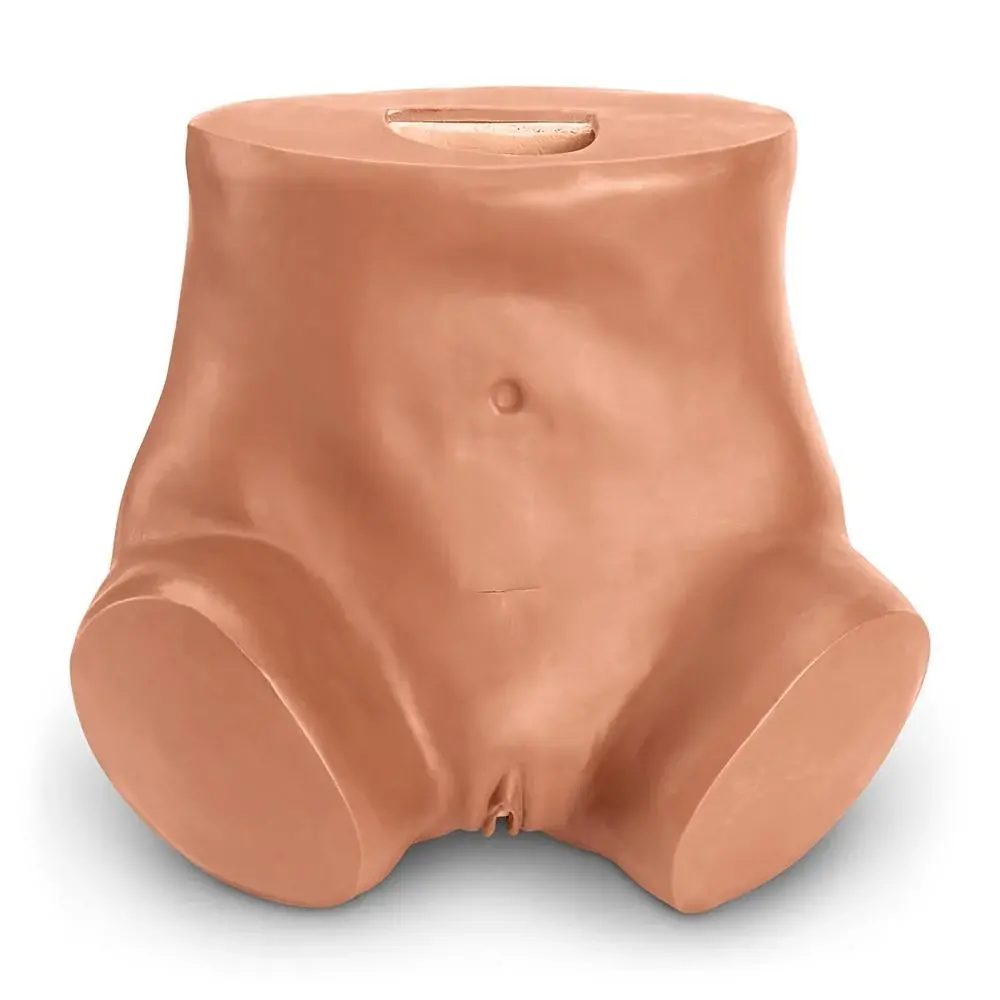 OB/GYN Trainers
OB/GYN Trainers
 Baby Care Simulators
Baby Care Simulators
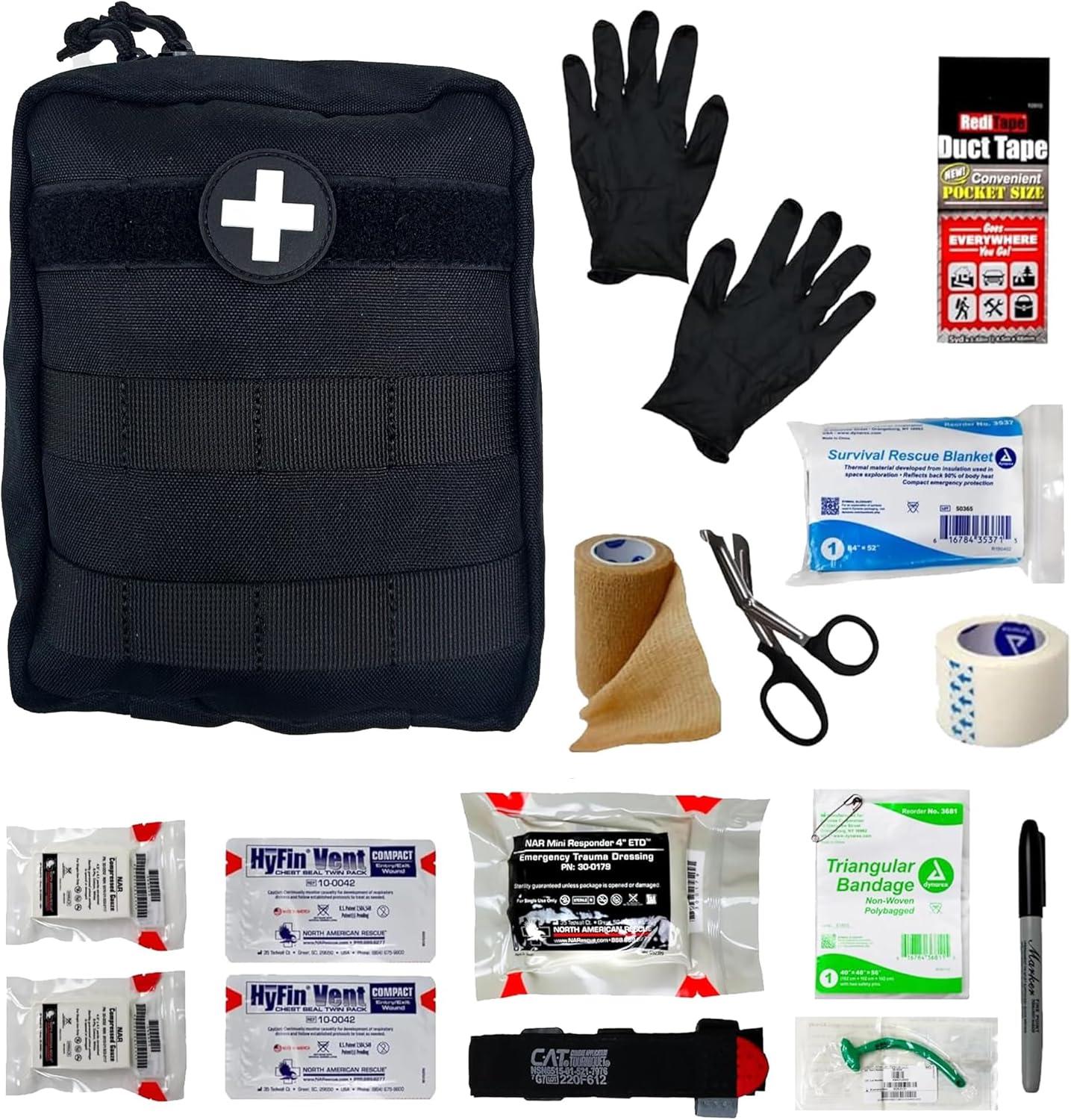 Medical/Emergency Rescue kit
Medical/Emergency Rescue kit
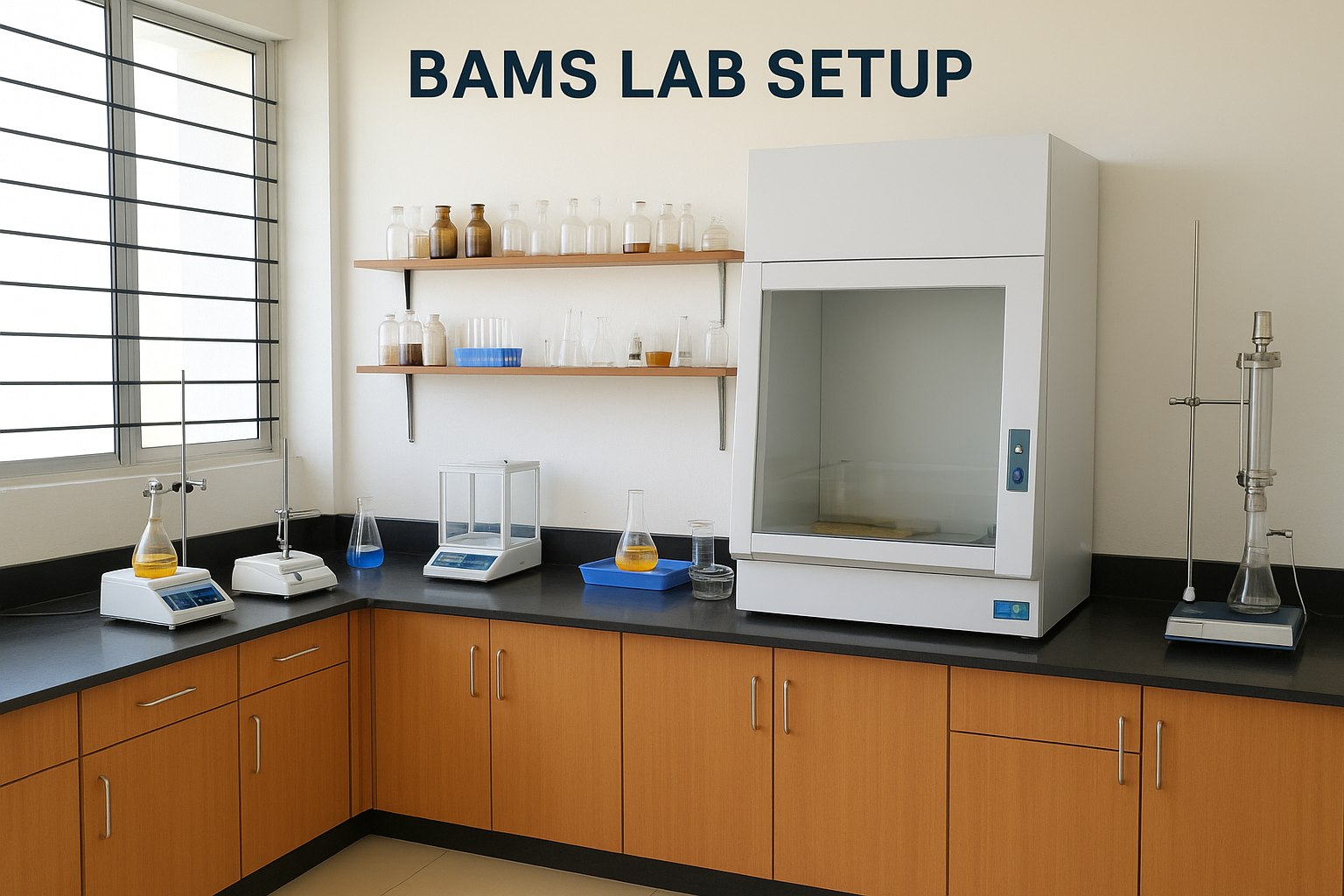 BAMS Lab Setup
BAMS Lab Setup

